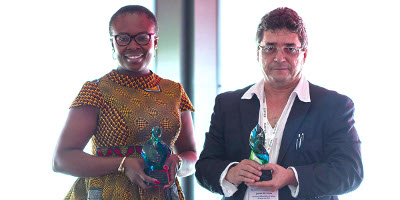Fossil fuel subsidies are a key barrier for economic development and climate change mitigation. While the plunge in international fuel prices has increased the political will to introduce fossil fuel subsidy reforms, recently introduced reforms may risk backsliding when fuel prices rebound − particularly if they fail to address the underlying mechanisms that create demand for low fossil fuel prices. Extant literature has mostly focused on the consequences of fossil fuel subsidies, including their economic or environmental impact, and the social contract that make their reform difficult.
Neurochemical Aspects of Alzheimer's Disease Risk Factors, Pathogenesis, Biomarkers, and Potential Treatment Strategies, 2017, Pages 47-91
This article aims to contribute to current discussions about “making cities inclusive, safe, resilient, and sustainable” (SDG 11) by linking debates that are currently taking place in separate containers: debates on the “global land rush” and the “new urban agenda”. It highlights some important processes that are overlooked in these debates and advances a new, socially inclusive urbanization agenda that addresses emerging urban land grabs.
Agricultural Systems (Second Edition), Agroecology and Rural Innovation for Development, 2017, Pages 33-72

